You’re a modern gladiator, a warrior among warriors. You’ve trained yourself for years in discipline, quick thinking, strength, stamina, and courage. You are a force of nature, the cold intelligence of sapience and the raw primal power of physical fitness. The atmosphere is electric, and the crowd cheers excitedly, adrenaline surges through you as you lock eyes with your opponent. They too are the epitome of training and power. You can’t put your finger on how you feel about them – you have to respect their same commitment, but they’re standing between you and the person you want to be when this match ends.
You are MMA combatants, and you’re ready to rumble. But, are you? You’ve honed your mind and body to do things most people would consider superhuman. You have lasting power, and you can take some serious pain. You’re a fighting machine, but machines need fuel.
Like any machine out there, you can’t run your best on just any fuel, either. You need to put the best fuels into your engine, in the best balance. This can seem daunting, because supplemental formulae are complex, and you’re getting into some dietary and organic chemistry things here. That stuff is crazy hard, right?
It can be, but it doesn’t have to be. At Gaspari, we’ve made it our mission not just to provide the best supplements for the fiercest athletes on this planet – we also want to leave you informed, unquestionably, about what supplements work in what ways, and why they are important. We feel that you should be informed, so you can make the right choice for you.
For MMA, which is one of the most brutal competitive sports around, you have a lot of ground to cover, because it asks a lot of your body, which in turn asks a lot out of your supplemental intake. Battle hard, warrior, because at Gaspari, we’ve got everything you need and more, to be the best MMA fighter you can be. Today, we’re going to discuss some of these supplement types, and why they matter so much. Please, join us on an exploration of what it takes to make the best supplemental fuels for the best MMA fighters around.
Casein Protein
You’re certainly aware of whey protein, and you probably use it quite often – and you should. But, another similar supplement is casein protein. Casein is a common amino acid integral to the production of cheese, and a big source of cheese’s protein levels as well. The advantage to casein compared to whey or other protein supplements is it takes a lot longer to digest.
This makes it not ideal for on-the-fly use, but the slow and high-yield burn of casein produces a long and steady release of energy, as well as ongoing on-the-fly maintenance of your muscles while they’re abused in your matches. This reduces the risk of injury and allows faster recovery, and greater yields of the workout you get.
Casein is very healthy, very easily-digested, and is devoid of any actual lactose, which some dairy-sourced proteins can contain. Lactose isn’t actually good for you, even if you’re not intolerant.
Using Casein Protein
Casein should not be a replacement for whey, but a supplement to it. You want to use this after training at about 20 grams to every 20 grams of whey. You can also use this up to a half an hour before a match for a steady base fuel and energy supply, though this should be for matches, not for training.
Casein protein is relatively flavorless on its own, but flavored varieties exist, and it blends very well into smoothies or healthy beverages without any real problem. It’s an easy and useful supplement to adopt into your regime as a result.
Caffeine
Surprised? I know, right? Yes, caffeine is considered a healthy supplement for an active lifestyle, regardless what its many detractors might say. Caffeine is not a toxic stimulant like nicotine or other substance. Many natural foods contain some levels of caffeine, and is one of the non-abrasive ways it can provide a natural-feeling energy burst.
Caffeine works on multiple levels, enhancing the speed of nerve conduction, dilating the blood vessels to allow faster flow and delivery of oxygen, and accelerating the pulse to a small degree. Understandably, this is an excellent source of quick, effective energy, which is excellent for endurance when training, and better prowess during matches.
The myths of caffeine’s dangers are partly homeopathic superstitions in certain cultures, minor dangers to those with extreme cardiac instabilities, and the digestive woes of many ways caffeine is delivered. After all, most people associate caffeine with coffee, soda, or to a lesser extent (despite the high content), tea. While none of these is all that bad for you in moderation (except perhaps the soda), these are hard on your stomach, and contain other impurities such as tannins and complex carbohydrates which just aren’t that good for you.
However, we’re not ones to discourage a medium-strength, small cup of coffee in the morning for those who just can’t do without it – the antioxidants and the natural awakening the bracing warmth bring can actually promote healthier digestion and thinking the rest of the day. The rest of your caffeine – a 100 to 200mg supplement – should be provided by formulated sources that deliver it in a much gentler and effective way.
Using Caffeine
The best time to use caffeine is before training or before a match, but not too far before 100-200mg depending on your tolerance and your body mass is usually sufficient to deliver that boost needed.
Vitamin B Complex
Naturally, you want to avoid being overweight by way of obesity, but you need a certain amount of muscle and core weight to compete. Leverage is necessary, and if you want to be in your target weight class, you have to find a way to stay healthy, and gain the muscle weight and density you desire.
Eating healthy, and consuming protein-rich foods and supplements helps, but your natural tendency to cut out carbohydrates and glucosamine compounds also cuts out B vitamins, which are necessary for building muscle mass and healthy body weight. Thus, you need to account for this in your low-carb, low-sugar diet, with healthy vitamin B supplements.
A multi-vitamin claiming to offer B vitamins doesn’t cut it, not for athletes. You need balanced, specially-formulated B vitamin supplements, the very best of which we proudly offer at Gaspari.
Using B Vitamins
These are something to take as part of your morning routine, and you need to include the whole range of B vitamins, as there are indeed several of them: B1 (thiamine), B2 (riboflavin), B3 (niacin), B5 (pantothenic acid), B6 (pyridoxine), B7 (biotin), B9 (folic acid) and B12 (cyanocobalamin). B4 couldn’t be bothered to show up for the meeting.
Arginine
This is one you’re less likely to have heard of, at least in common discussion, and that’s understandable. Normal balanced every day health meals provide this important amino acid in sufficient quantities. However, the high-fiber, high-protein diet of a competitive athlete is missing this amino acid, which is an important component as a vasodilator allowing blood flow to safely increase without stressing your heart nor blood pressure. Yes, similar to caffeine, this improves dietary efficiency and produces more energy by augmenting the circulatory system which distributes nutrients and oxygen.
Using Arginine
This is a “right before a workout or match” supplement, taken about half an hour ahead of time. If you haven’t trained with caffeine, you’ll also want to take another dose to account for post-workout circulatory needs.
Glutamine
Glutamine is another one that you may have heard of, but not as actively as something like Vitamin B or proteins. Another amino acid commonly abundant in most standard balanced diets, you can also be lacking in this with a stricter diet. The increased strain on your body can increase a need for this vital element in immunity and recuperation. This will help you heal better, and increase the value of your work out.
Using Glutamine
Glutamine, at between five to ten grams before training, and before bed, will help your body recover less painfully and more constructively to the strain of your workout. You’ll be less sore, less achy, and less exhausted the following day, and will find your fitness progress as you work out, to be much more positive.
Fish Oil
You’ve heard of fish oil, an Omega-3 rich protein compound which has a myriad of health benefits. Consumption of seafood is highly encouraged by many dietitians and nutritionists throughout the world due to the clean protein it provides, and this rich oil. Well, if you can stomach seafood (which many people cannot), it’s not a bad idea to eat less-fatty fish on a regular basis. However, even this isn’t a substitute for a proper, concentrated fish oil supplement.
With fish oil, you’ll enjoy better heart and joint health, more natural energy, a cleaner and more reactive nervous system, more clarity of mind and much more. Even if you’re not an MMA fighter, you owe it to yourself to bring fish oil into your nutritional regime.
Using Fish Oil
This is just something to take the time to do 4 grams of a few times a day. Taking it with your meals is a good and effective habit to pick up.
To learn more about the many powerful supplements we offer, and how they can help you become the person you truly want to be, follow us on Facebook today!
The post What Are The Best Supplements For MMA Fighters? appeared first on Gaspari Nutrition.



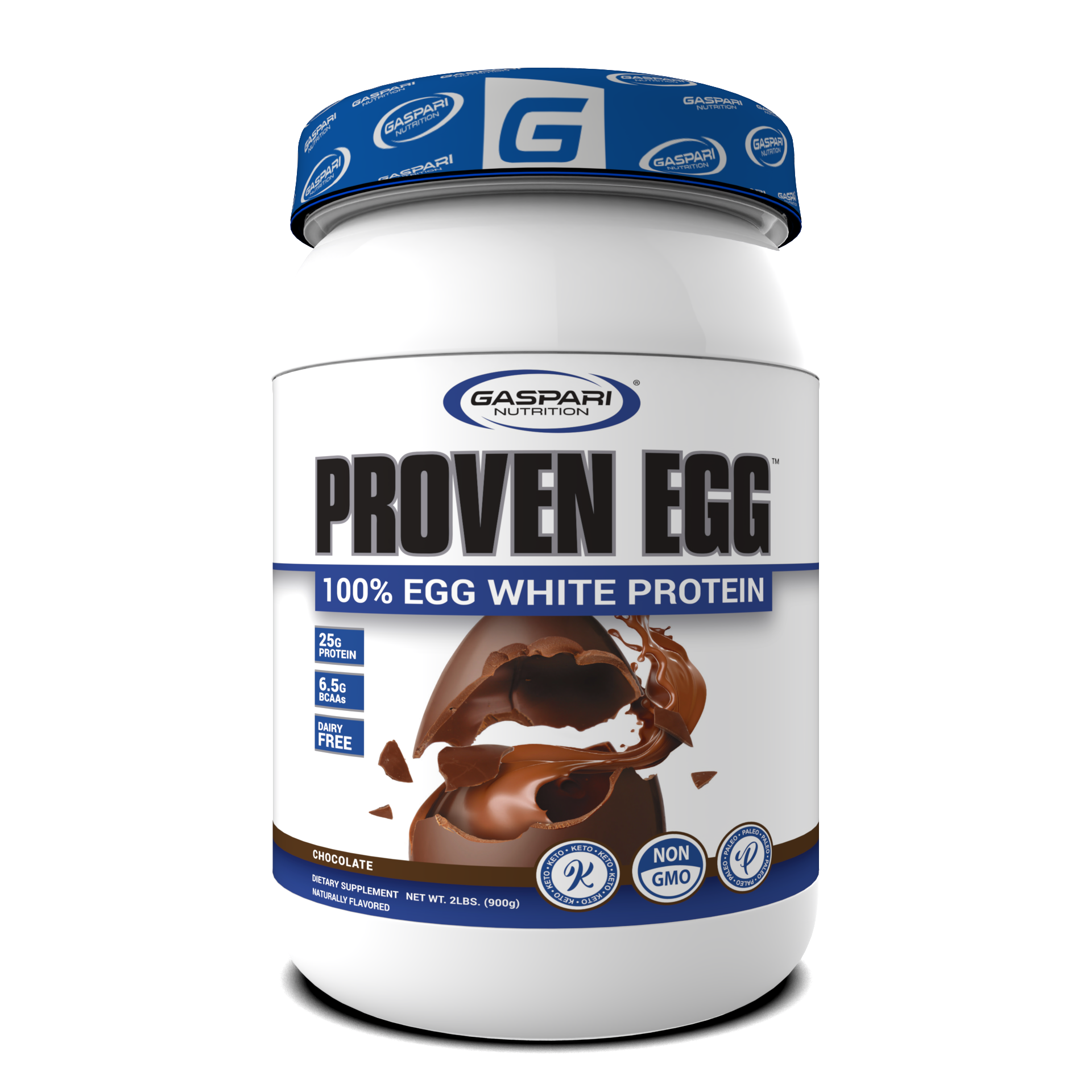



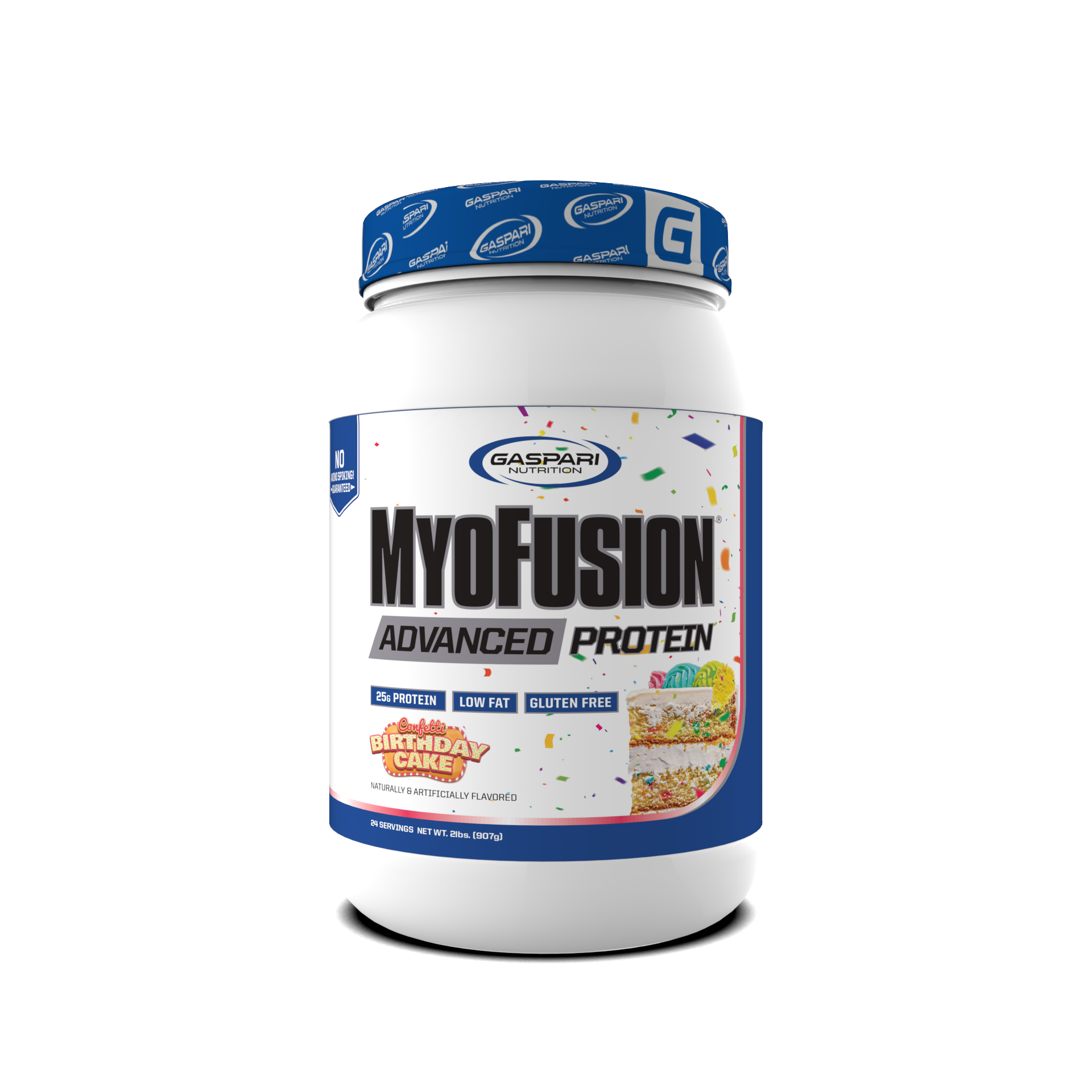



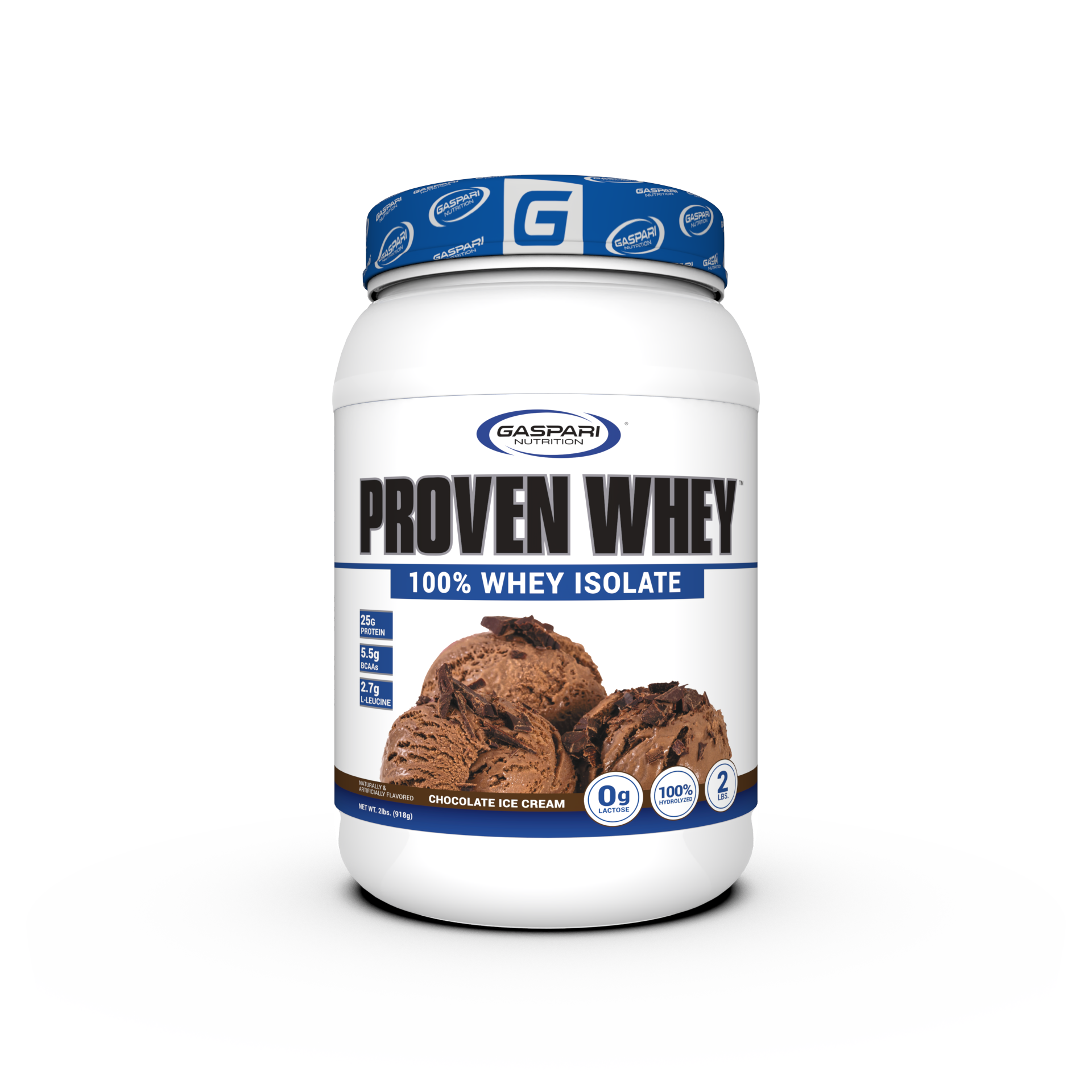




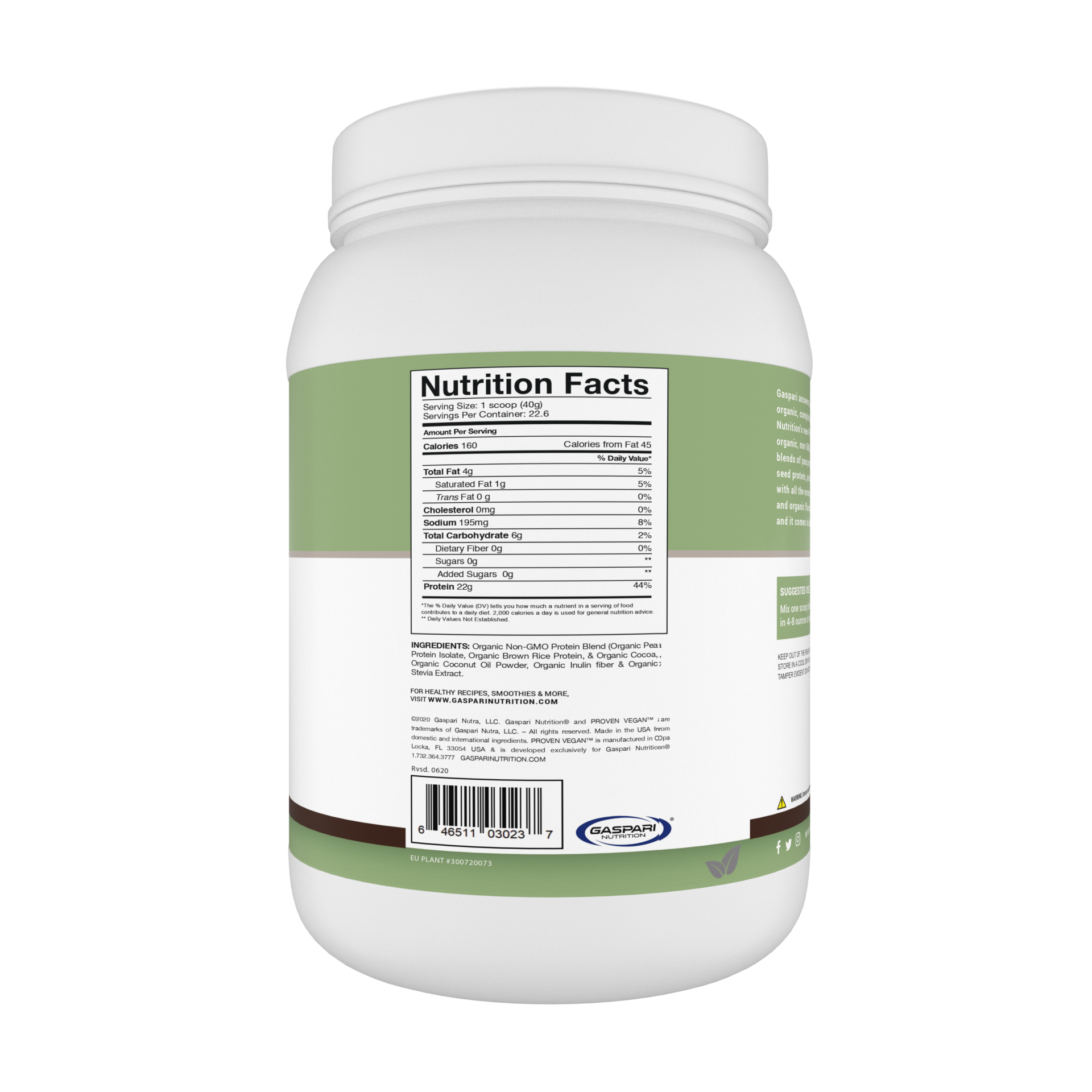


















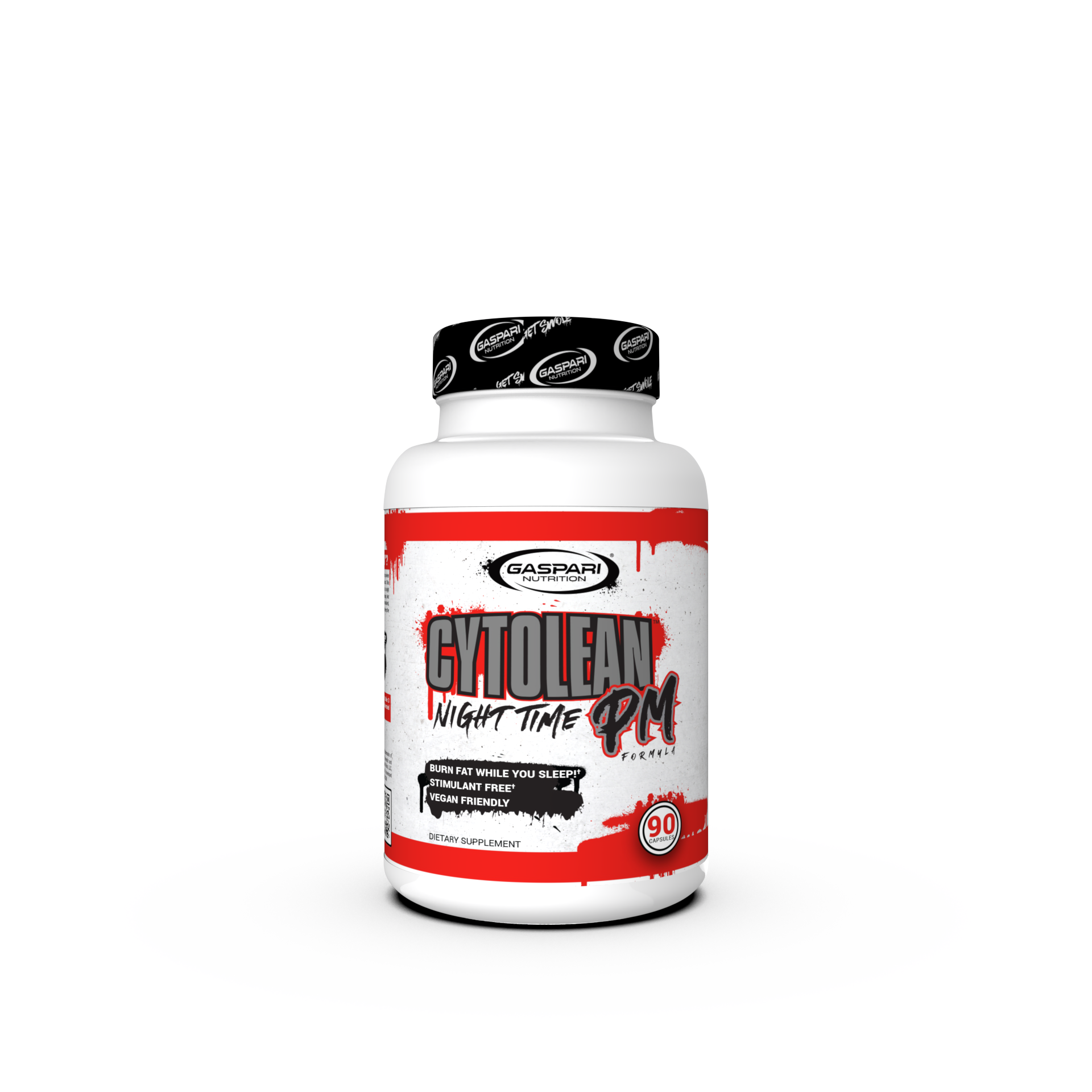



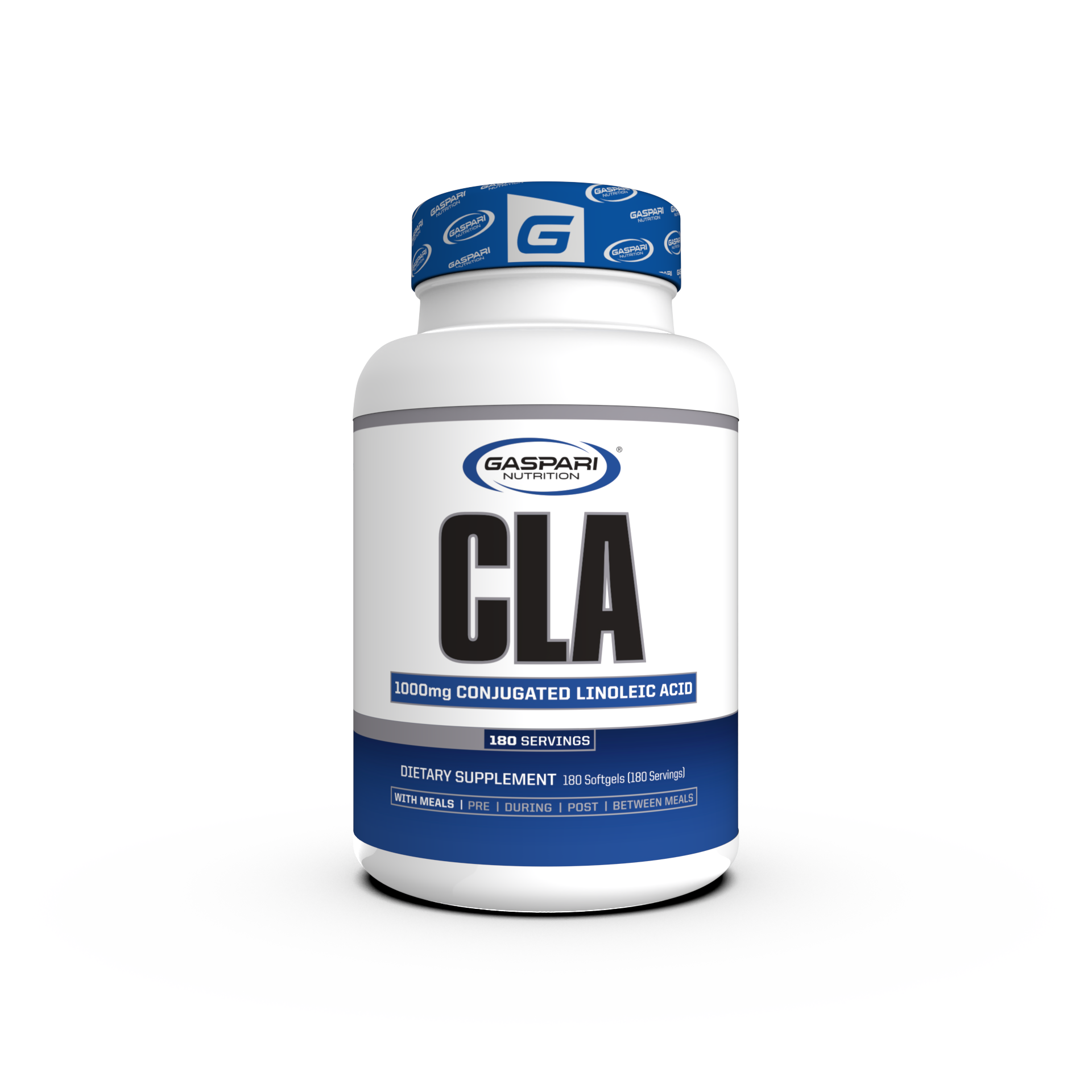



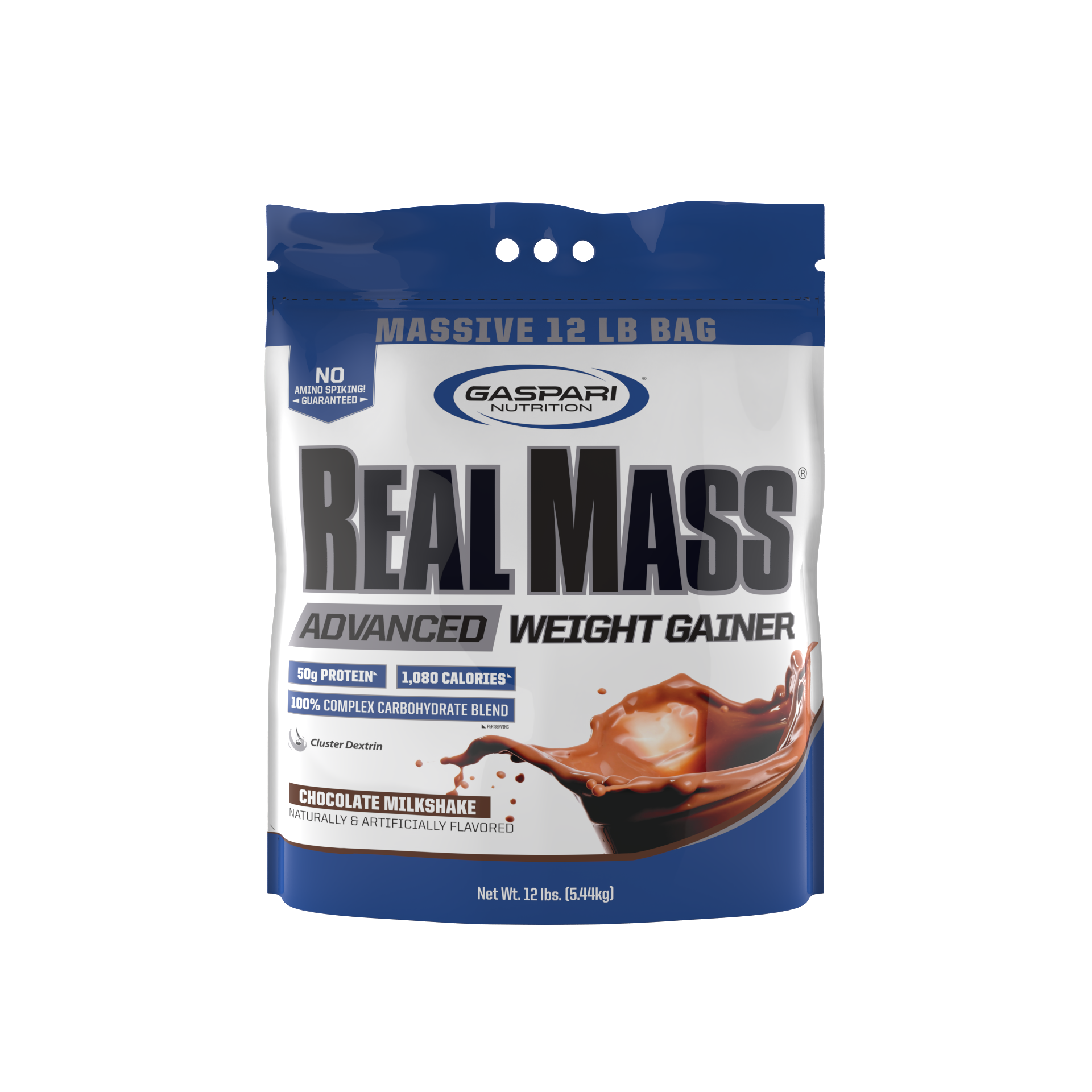



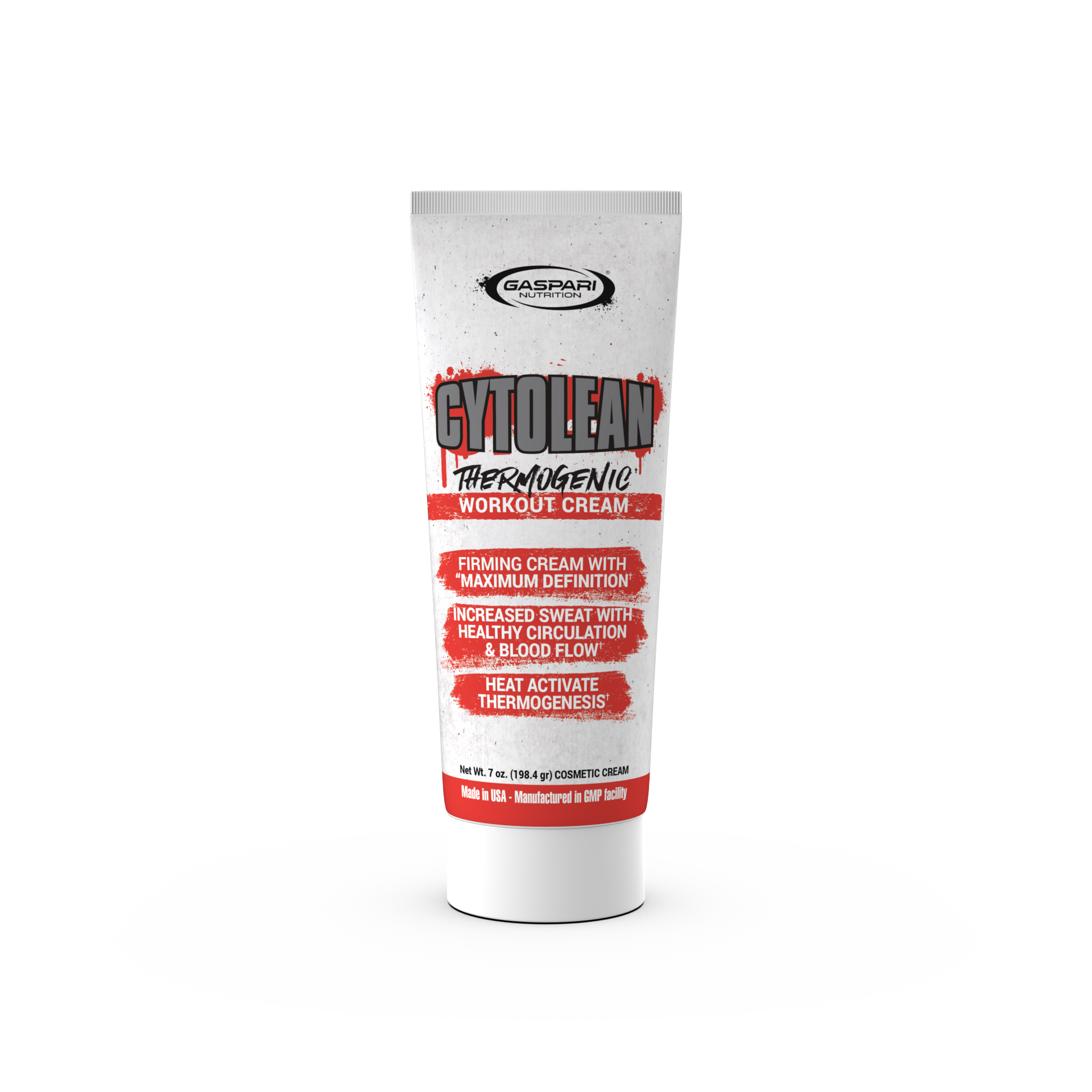







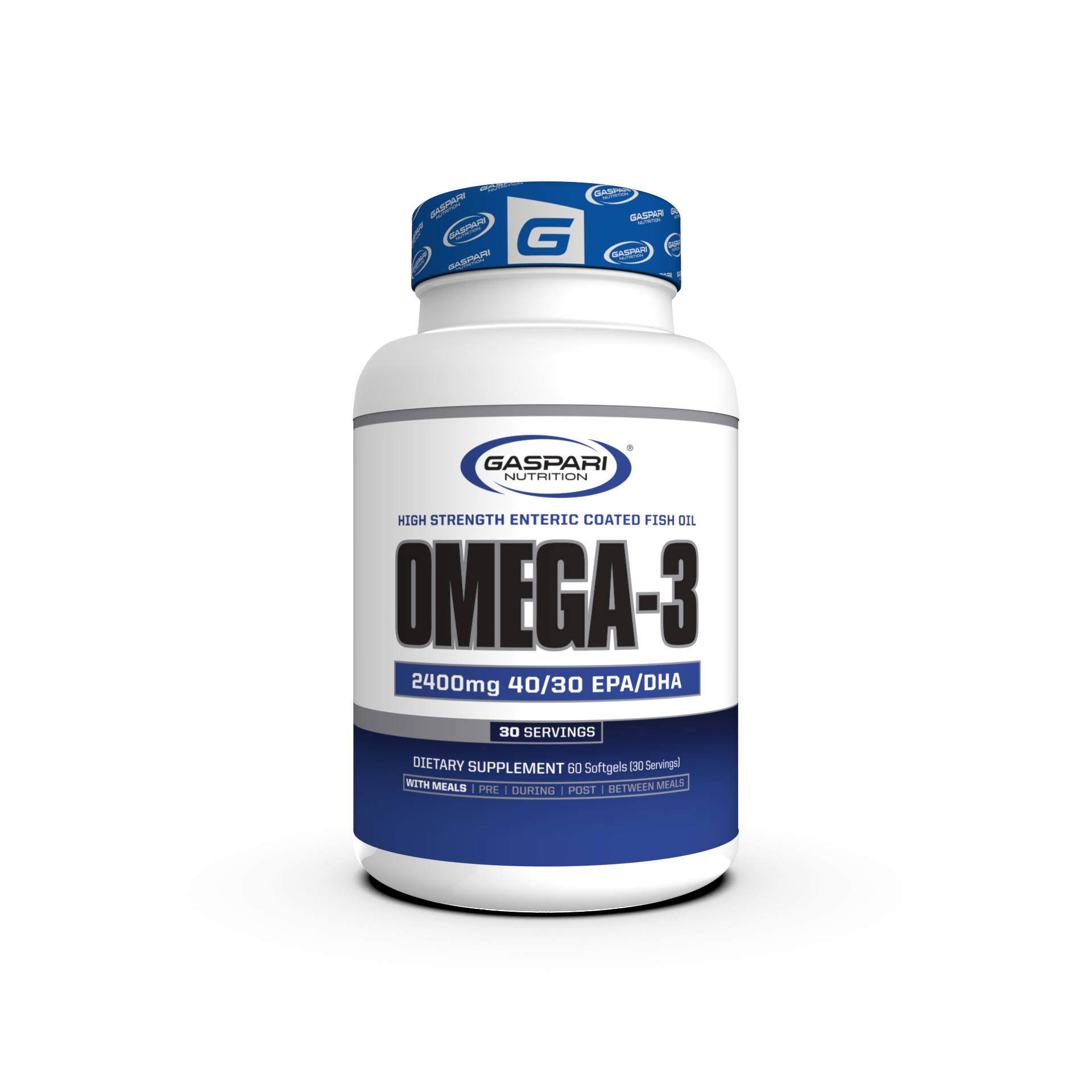



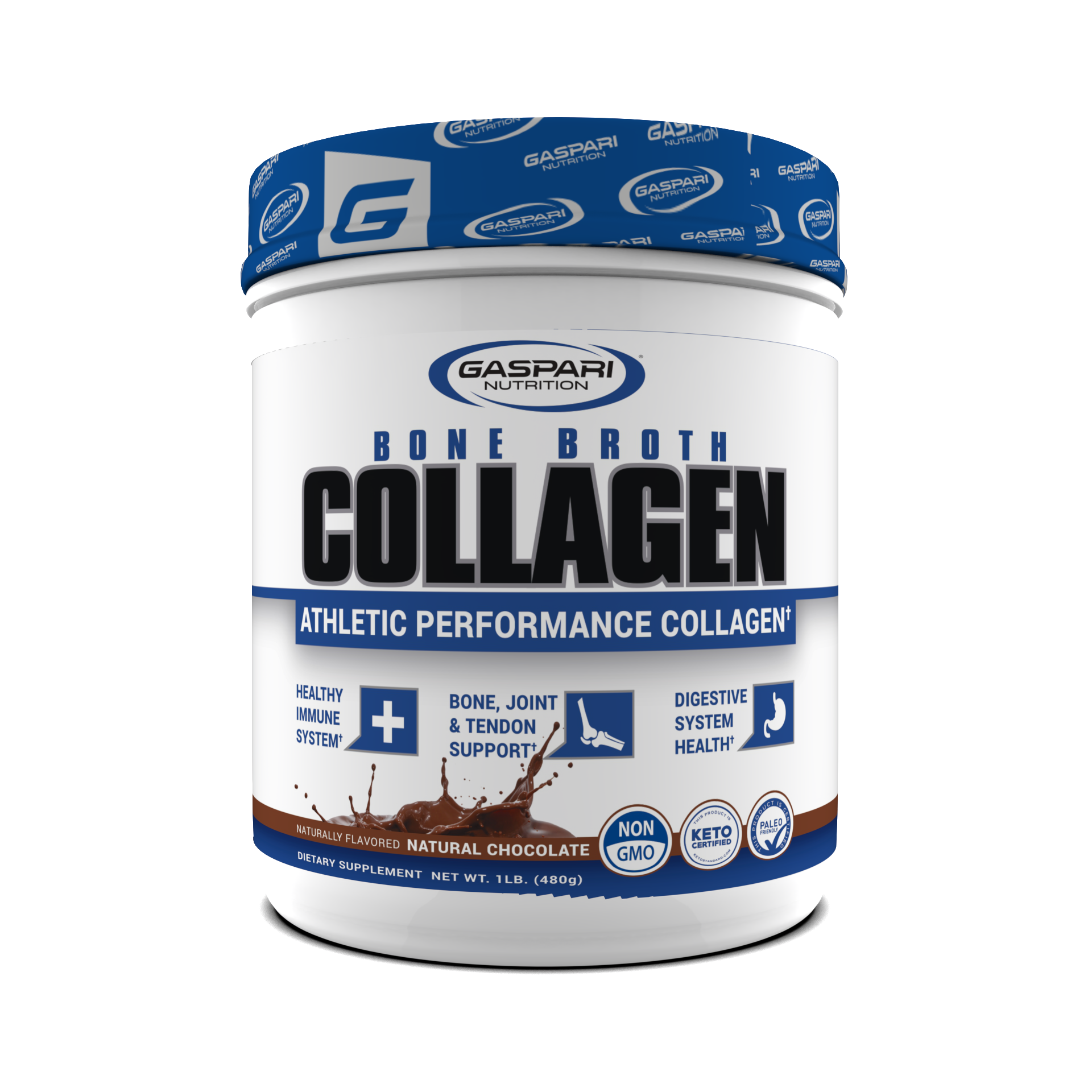



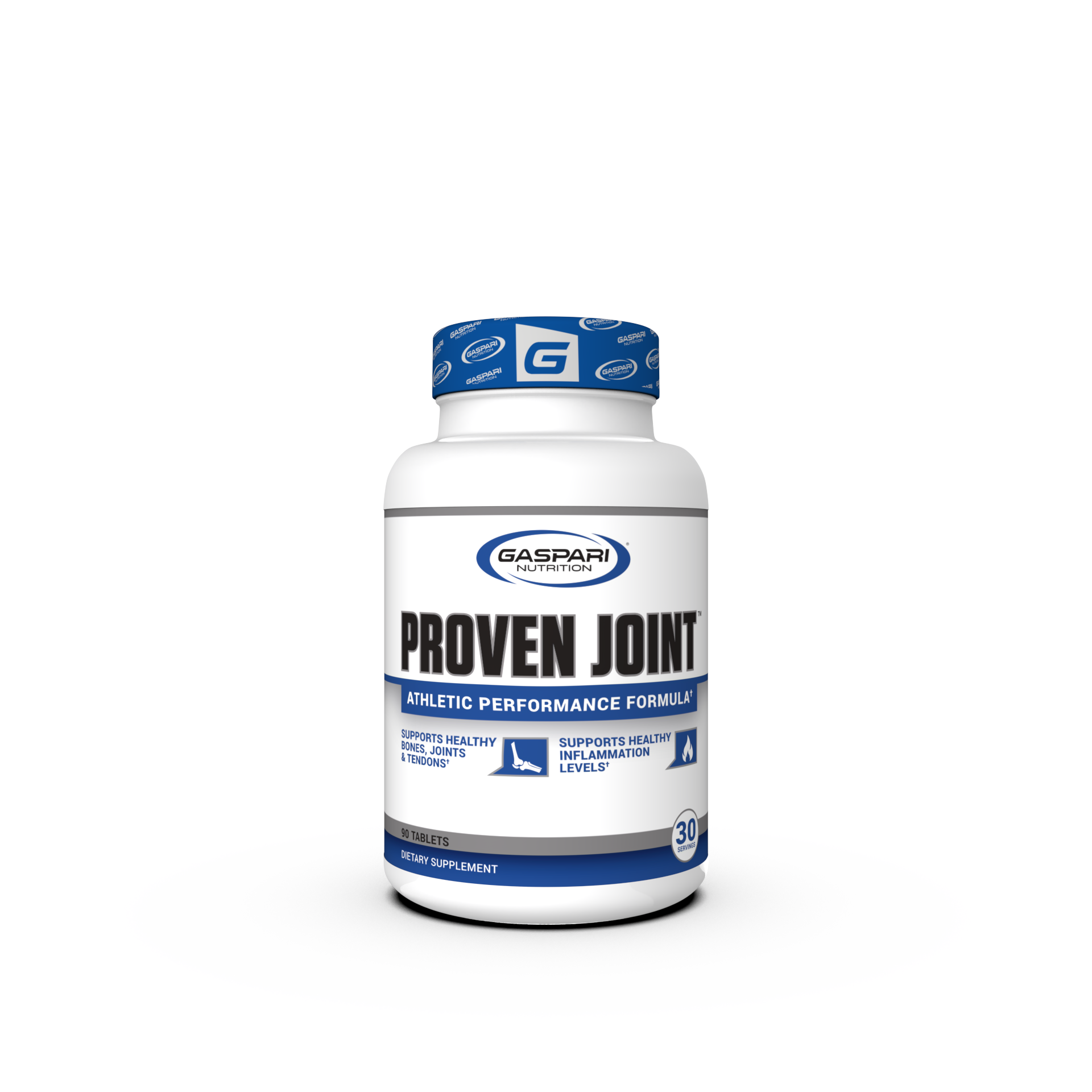








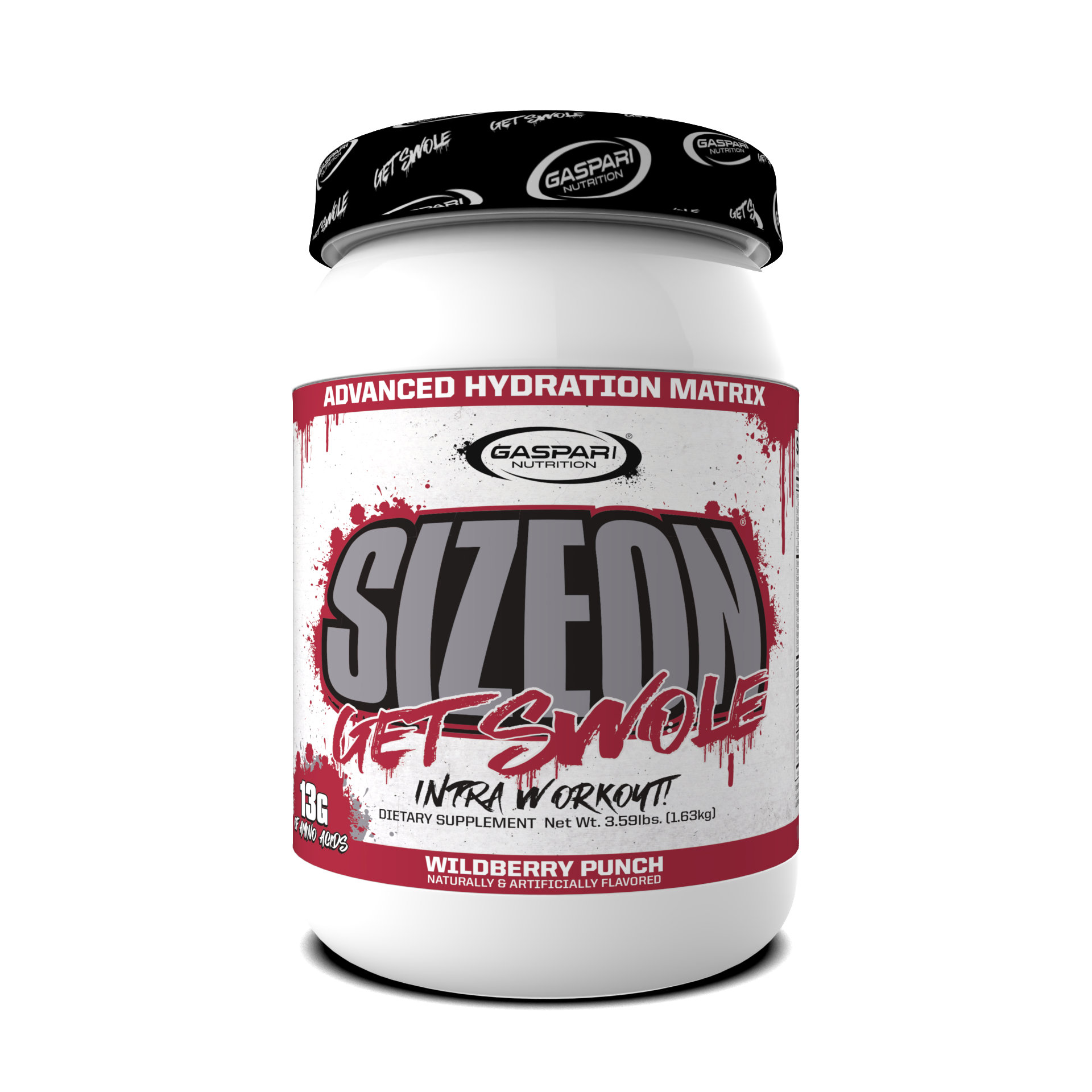


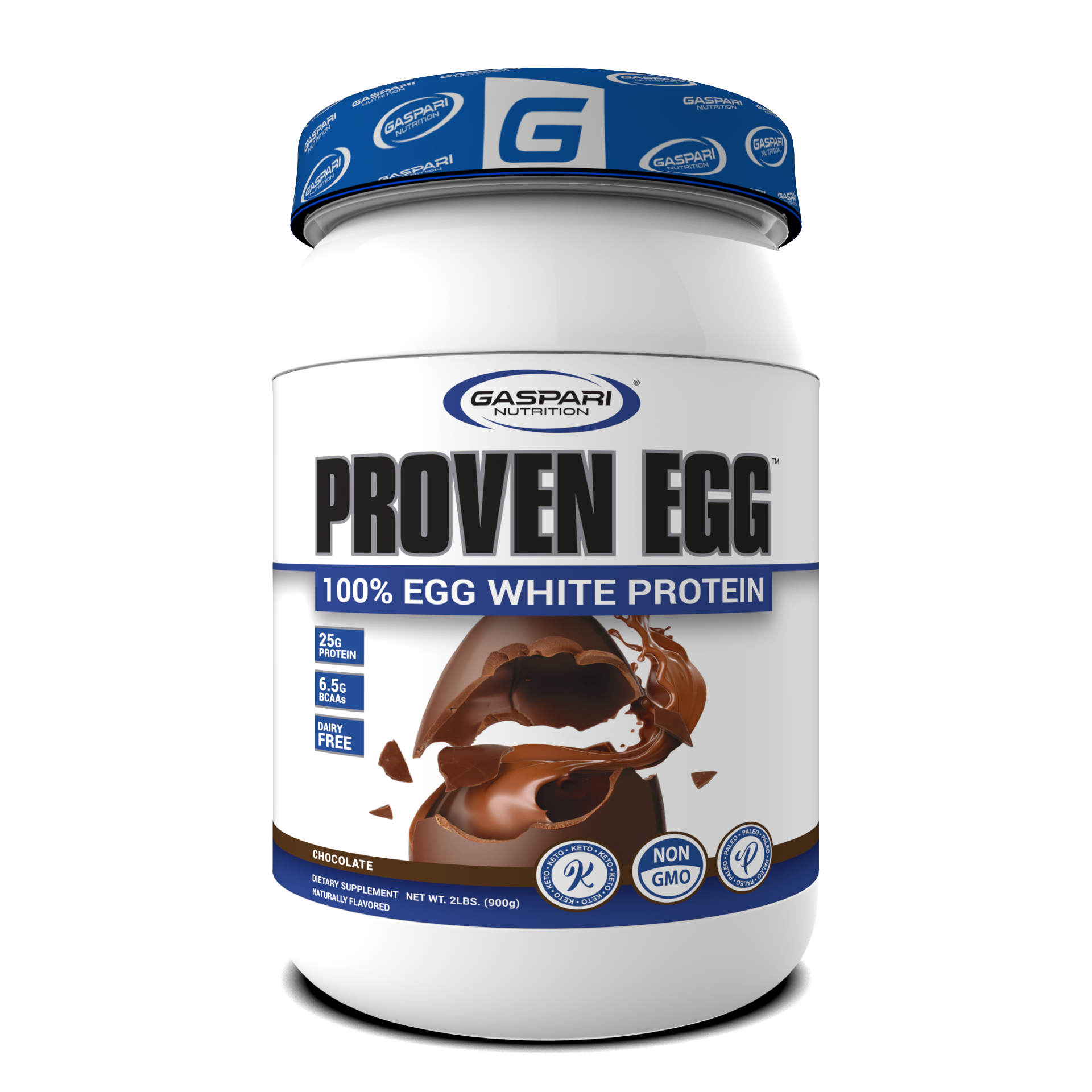

Share:
How To Build Ripped Forearms
How Can I Train Like A Military Soldier?